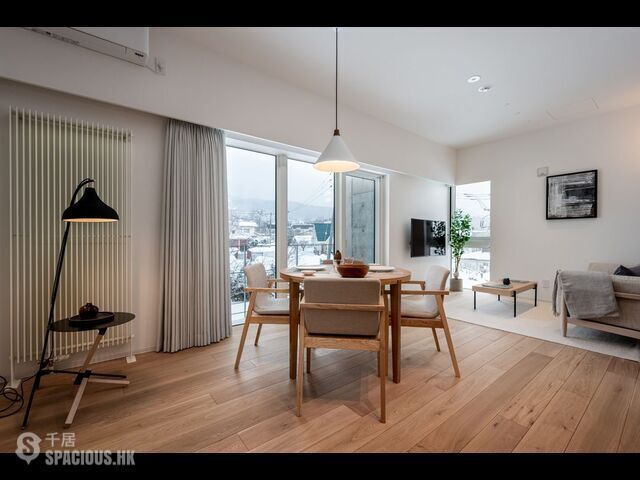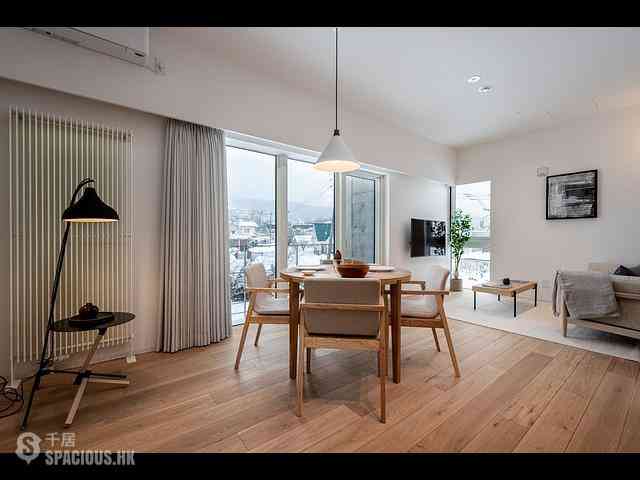Considerations of buying Japan property
Japan is an East Asian island nation in close proximity to Korea and China. Considered as an international economic powerhouse, Japan has the third highest nominal GDP in the world. It also ranks fourth in terms of the largest exporter and importer in the world. As a great power with significant influence, it is a member of ASEAN, OECD, UN, and G7.
Amongst OECD countries, Japan ranked first in 2016 for the number of hospital beds per 1,000 people, and for the ratio of nurses to doctors. It's advanced medical infrastructure is a contributing factor to Japan having the longest average life expectancy in the world. In addition to this, the country prioritizes eco-friendly initiatives, best demonstrated by their world-class recycling system. Japan is also one of the cleanest countries in the world; it is a rare sight to see rubbish thrown on the street. Japan's economic strength, infrastructure provisions and clean environment all assist in increasing the value of Japanese property.
Despite being an major international city, Tokyo enjoys significantly lower property price levels than London, New York and Hong Kong. As such, Tokyo property will also have much higher rental yield in comparison. The reliable Japanese legal system, large rental demand and stable economy, will guarantee that investors can receive consistent rental income from Japanese property. Investors interested in Japanese property should be aware of the following property taxes:
- Property acquisition taxes: Registration and license tax, Stamp tax
- Rental income taxes: annual fixed asset tax, city planning tax, income tax
- Taxes relating to selling property: income tax on capital gain (tax rate depends on how long after purchase date you are selling it again)
























